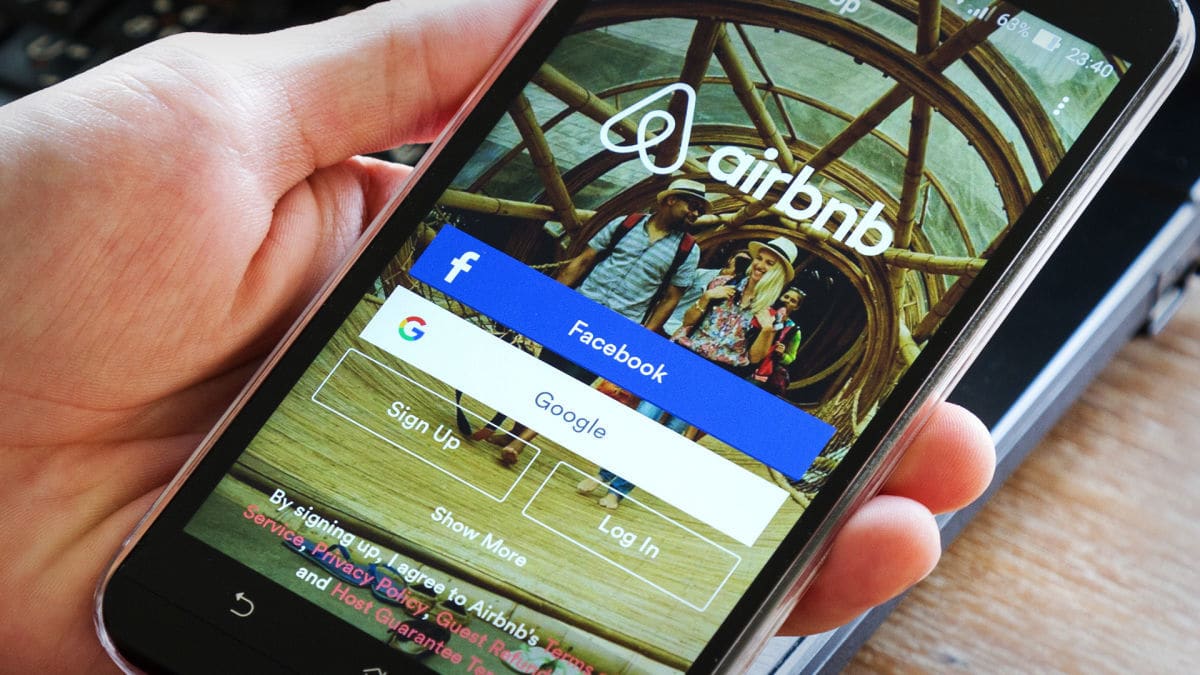
How do you sleep at night?
The answer might have something to do with where you chose to snooze, according to a survey by the Sleep Foundation.
DON'T MISS: Airbnb Earnings and Retail Sales Show Consumer Strength
While sleep plays an integral role in health, the foundation said that almost half of all Americans claim they feel sleepy during the day between three and seven days per week.
Adults are supposed to get between seven and nine hours of sleep, but the U.S. Centers for Disease Control said that 35% of Americans get less than the necessary seven hours.
Insufficient sleep is one major cause of excessive daytime sleepiness, which is thought to affect up to 18% of the U.S. population
Several infamous workplace accidents were directly and indirectly caused by excessive sleepiness or sleep deprivation, the foundation said, including the 1979 incident at the Three Mile Island Nuclear Plant, the 1986 Chernobyl nuclear disaster and the Exxon Valdez oil spill in 1989.
Travelers Need Sleep, Too
People are traveling more as covid-19 restrictions are being lifted and they need their sleep, too.
The Sleep Foundation study found that the majority of travelers sleep better in vacation rental homes than they do in a hotel.
More than two-thirds of respondents, or 66.9%, reported getting at least the recommended seven hours of sleep of sleep in an Airbnb (ABNB), a Vrbo, or a similar vacation rental, compared with the 53.8% getting sufficient sleep in hotels.
SleepFoundation partnered with Sleep Cycle to survey more than 1,000 Sleep Cycle app users who vacationed in the past two years.
“People might sleep better in a vacation home because it has the best of both worlds,” Alex Dimitriu, founder of Menlo Park Psychiatry & Sleep Medicine in Menlo Park, Calif., and a SleepFoundation.org medical-review board member, said in a statement.
“It’s a home with all the conveniences, while at the same time, it’s not your usual home," he added.
The study found the comfort — especially when it comes to a good pillow and bed — was the most important factor in getting a good night’s sleep away from home, with 31.1% of respondents selecting it over temperature, quietness, and other factors.
Vacation rentals also can be quieter than hotels, which may have noisy hallways. However, they also are more prone to neighboring parties and early morning lawnmowers.
Catching Up on Sleep
Traveling itself also may have a balancing effect on sleep, the foundation said, citing a 2022 study, which found that people who sleep nine hours or more on the average night at home get less sleep away from home.
Conversely, people who sleep five or fewer hours at home are more likely to sleep longer when away.
“Hence, they are catching up on sleep when away from home on weekday nights,” said Sigga Svala Jonasdottir, a senior data scientist in Reykjavík, Iceland, and lead researcher on the study.
The foundation said that behaviors that help you sleep better at home may help you in a new place.
Dimitriu recommended outdoor activity and natural light to support quality sleep. He suggested avoiding alcohol and late meals that lessen sleep quality.
And drink plenty of water.
“Hydration is key because if you’re very dehydrated, it may cause nasal irritation, and breathing may be harder,” Singh explained, noting that a quick, warm shower can help you fall asleep.







